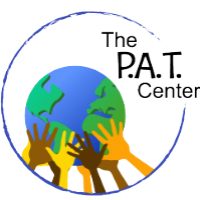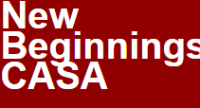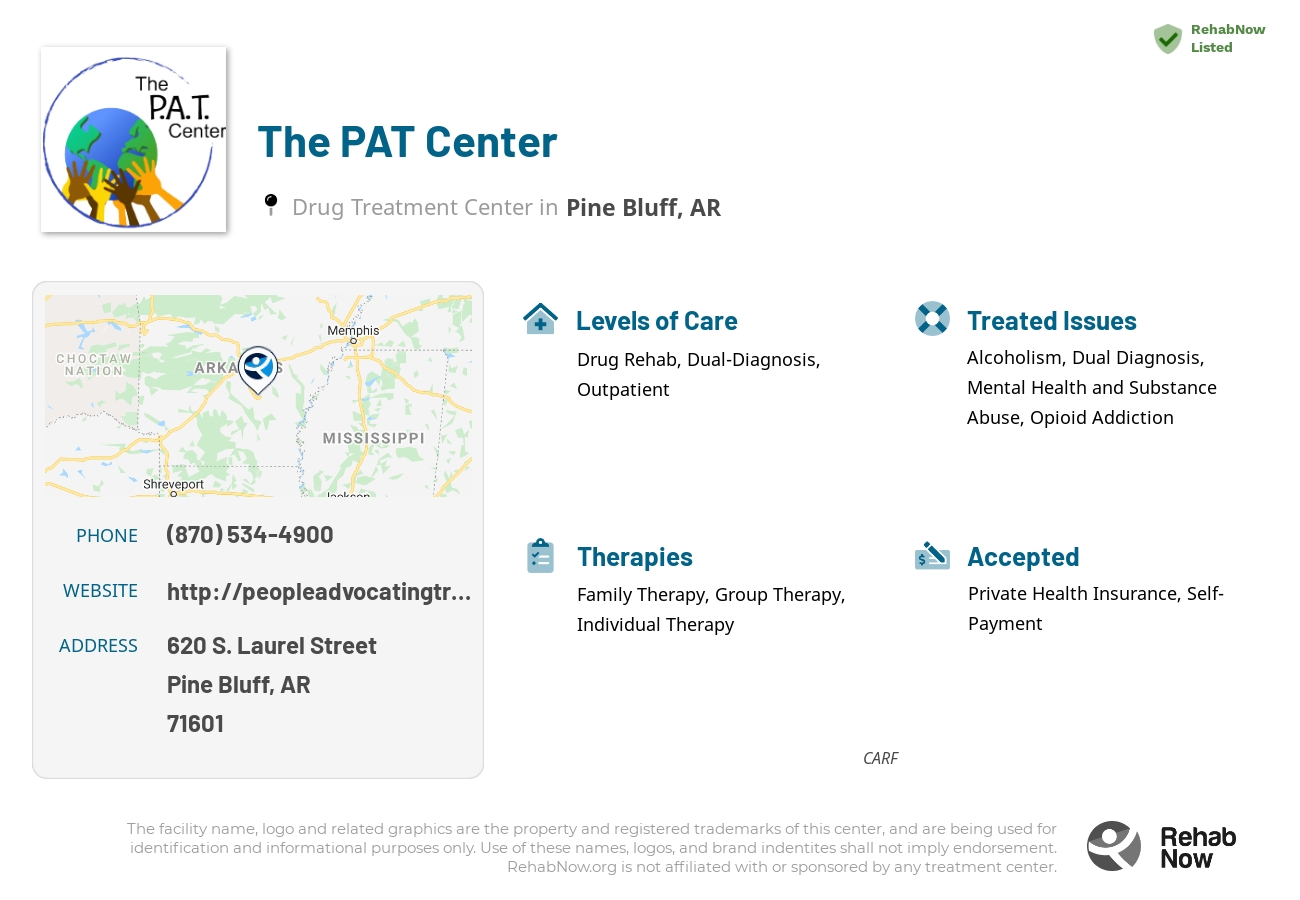
The PAT Center
Drug Rehab Center in Pine Bluff, Arkansas
- Opioid Addiction
- Dual Diagnosis
- Drug Addiction
- Alcoholism
The PAT Center in Pine Bluff, Arkansas offers comprehensive treatment for addiction and mental health issues, tailored to meet each individual's needs and foster personal growth, with individual and group counseling, medical services, and unique services including vocational rehabilitation, housing assistance, and experiential therapies like art and music therapy.
About This Arkansas Facility
Located in Pine Bluff, Arkansas, The PAT Center is a unique outpatient clinic focused on addiction treatment and mental health services. They stand out by offering a comprehensive approach that includes medication management, crisis management, and a variety of counseling services. Their mission emphasizes collective decision-making and respect for all individuals involved in the treatment process.
- Comprehensive care for substance abuse and mental health issues, ensuring a stigma-free environment for long-term recovery.
- A variety of therapeutic methods including psychoeducation, crisis stabilization, and supportive employment and housing assistance.
- Accredited by the Joint Commission and licensed by the State of Arkansas Drug Court Program, highlighting their commitment to high-quality, evidence-based services.
The PAT Center is recognized for its adherence to high standards, holding accreditations from the Joint Commission and certifications from CARF. Their approach is tailored to meet individual needs, offering personalized treatment plans that include a wide range of services from vocational rehabilitation to nutrition consultations.
Focusing on a broad spectrum of addictions, The PAT Center provides treatment for substance abuse alongside mental health services. Their methods encompass individual, group, family, and couples counseling, supported by medical services like detoxification and medication-assisted treatment, aiming for holistic recovery and personal growth.
Genders
Ages
Modality
Additional
Accreditations

CARF
The Commission on Accreditation of Rehabilitation Facilities (CARF) is a non-profit organization that specifically accredits rehab organizations. Founded in 1966, CARF's, mission is to help service providers like rehab facilities maintain high standards of care.
Conditions and Issues Treated
Opioid abuse has become a national epidemic in the last decade. The US has one of the world’s highest rates of opioid use and abuse, as well as opioid-related deaths. Opioids are classified as Schedule II-IV controlled substances in the US due to their high potential for abuse.
Oxycodone, hydrocodone, methadone, and fentanyl are the most common Opioids and are commonly prescribed to treat pain. Tolerance to opioids develops over time, making life difficult, if not impossible, without them. Opioid users often obtain the drugs illegally. They can be drug dealers, friends, or family members who do not have valid prescriptions.
The desire for a more intense high than prescription opioids can quickly lead to heroin use. Heroin users are more prone to illness and death due to the high risk of overdose.
Many opioid addicts who seek treatment believe that the only way to overcome their addiction is through medical detox and long-term drug addiction rehab. To help patients wean off their addiction and reduce the risk of overdose, medication-assisted therapy (MAT) involves prescribing a replacement opioid. Doctors use MAT in conjunction with other anti-craving medications to help patients maintain recovery. Due to the high risk of relapse, MAT is often combined with individual and group counseling and social support programs.
When addiction and psychiatric issues co-occur, the addict’s recovery is more successful when both conditions are treated. A dual diagnosis refers to a condition in which the patient is diagnosed with two health issues: addiction and bipolar disorder. The most common therapies are psychotherapy, behavioral therapy, spiritual counseling, 12-step programs, and medication management.
Levels of Care Offered at The PAT Center
This center offers a variety of custom treatment tailored to individual recovery. Currently available are Drug Rehab, Dual-Diagnosis, Outpatient, with additional therapies available as listed below.
An outpatient treatment program is set up to help with alcohol or drug addiction or a co-occurring disorder. The patient must attend the facility for their therapy and other programs but can return home each night.
The frequency of mandatory attendance decreases after much of The PAT Center‘s program is complete.
Outpatient treatment is a recovery approach that allows recovering addicts to live at home while getting rehab for addiction
An outpatient can include day treatments which include attending group sessions one hour per week. A person living in an outpatient environment may be allowed the opportunity to work full time if they choose to and continue studies without interruption from drugs/alcohol.
Outpatient treatment is an option for people who want to maintain their careers and families. Outpatients live at home but attend treatment such as individual counseling, group counseling, or twelve-step meetings during the day.
Therapies & Programs
At The PAT Center , to learn from past mistakes and improve one’s situation, the recovering person meets individually with a therapist. The counselor or therapist will address addiction causes, triggers, mental issues, dual diagnosis, and aftercare plans during this time. This is a very intense and challenging process. Some clients find it easier to open up to someone other than family or friends who understand their struggles with addiction.
Family therapy is a crucial part of drug treatment and getting sober. It is one of the most effective ways to help addicts stay on the path to long-term sobriety. An addict’s family can play a vital part in helping them to avoid relapse. They can spot the warning signs and help them get back on track.
In group therapy, recovering addicts meet with a therapist and other people in recovery. Some groups are closed, meaning only people who share the same addiction or problem can attend. Others are open to anyone who wants to stop using drugs or drinking alcohol. Group therapy sessions typically focus on one topic each week or month so that recovering addicts can discuss issues they face daily.
Payment Options Accepted
For specific insurance or payment methods please contact us.
Is your insurance accepted?
Ask an expert, call (888) 674-0062
Additional Details
Specifics, location, and helpful extra information.
Pine Bluff, Arkansas 71601 Phone Number(870) 534-4900 Meta DetailsUpdated April 15, 2024
Staff Verified
Patient Reviews
There are no reviews yet. Be the first one to write one.
Pine Bluff, Arkansas Addiction Information
Arkansas has one of the highest rates of substance abuse and addiction in the nation for drug overdoses. Methamphetamines and prescription opioids are by far the most widely abused drugs in the state. Despite the high rates, Arkansas ranked only 25th in the for drug overdose deaths in 2013.
About 8.8% of adults in Pine Bluff, Arkansas, are abusing drugs or alcohol, with 4.4% of them being prescription drug abusers, and 5.5% abusing marijuana. The most common drugs abused are opiates, painkillers, marijuana, cocaine, and meth. It is estimated that in Pine Bluff about 70 people will die from drug overdose every year. Drug treatment options available in Pine Bluff include inpatient rehab, outpatient rehab, therapy, and medication-assisted treatment.
Treatment in Nearby Cities
- Pocahontas, AR (152.7 mi.)
- Mulberry, AR (145.8 mi.)
- Searcy, AR (72.5 mi.)
- Arkadelphia, AR (60.2 mi.)
- Eureka Springs, AR (179.5 mi.)
Centers near The PAT Center



The facility name, logo and brand are the property and registered trademarks of The PAT Center, and are being used for identification and informational purposes only. Use of these names, logos and brands shall not imply endorsement. RehabNow.org is not affiliated with or sponsored by The PAT Center.







